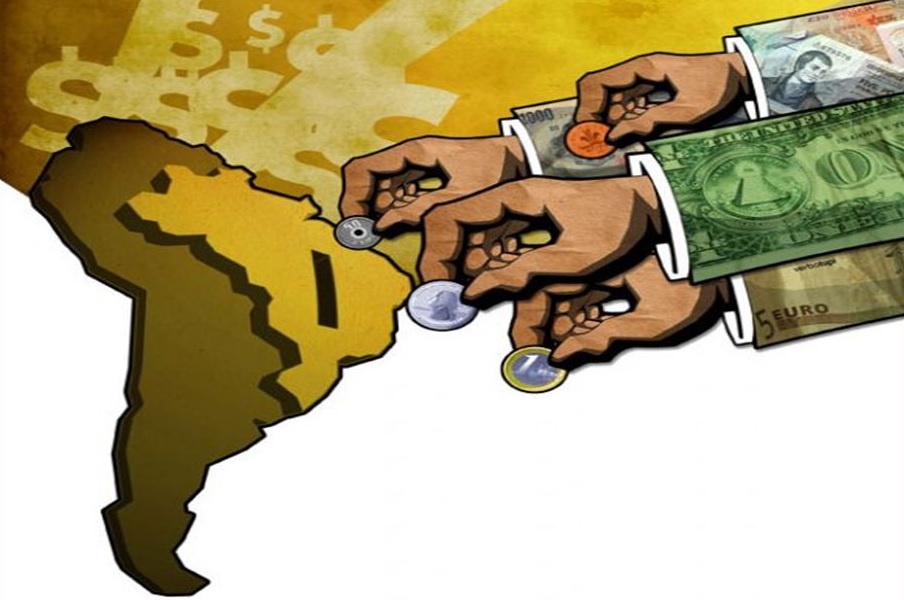RIO DE JANEIRO, BRAZIL – With the first round of Social Welfare reform approved by the Chamber of Deputies and the expectation that the text will pass the second round smoothly, the international investor’s perception of risk in Brazil fell to its lowest level in almost five years.

The five-year Credit Default Swap (CDS), a kind of country risk analyzer, was traded on Friday, July 19th, at 128 points, a level that has not been recorded since September 2014 – when Brazil was rated as investment grade by rating agencies.
In addition to the progress in the social welfare reform, the prospect of a smoother international market and a drop in interest rates in the United States and Europe contributed to reducing the country risk. The market assesses that the risk of a fiscal crisis has decreased while reducing the likelihood of funds going to the U.S. market — which would be likely if the Federal Reserve raised interest rates, as it considered doing earlier in the year.
“The scenario for emerging countries is better now. The dollar will not appreciate as much, which will help these countries. Moreover, once the reform is approved, it will pave the way for other things (reforms) to move forward. We could begin a virtuous circle,” said David Beker, head of economics and strategy at Bank of America Merrill Lynch in Brazil.
For economist Leonardo Porto, of Citi, the approval of the social welfare reform in a moment of change in the international environment may place Brazil in a privileged position. With the likely drop in U.S. interest rates, global liquidity should increase, and investors will need to look for alternatives. “This is the best of both worlds for the emerging economies, particularly for Brazil,” says Porto.

He stresses that the reform is instrumental in anchoring public accounting expectations, a prerequisite for growth. “But it’s not a panacea,” he says. Brazil still needs to show signs that other programs will be implemented to convince foreign investors.
Alberto Ramos, the chief economist of Goldman Sachs for Latin America, points out, however, that the approval of the reform in the first round, by a far greater majority vote than expected, does not guarantee that other texts will pass easily. “A work (of political coordination) has been carried out by welfare. The basis for other reforms is not so clear,” he says.
The list of necessary improvements includes measures to simplify the business environment, reduce red tape, and increase productivity. There is also tax reform, says the chief economist of Ita, Mario Mesquita. In his assessment, if the country can proceed with these changes, it will have an advantage over the other emerging countries. “In addition to the fact that foreigners well regard Brazil’s reform agenda, the challenges of other emerging economies are more pressing. Therefore, the country can benefit from this.”

The fall in Brazil’s Credit Default Swap has been one of the fastest among emerging markets. In May, the Brazilian CDS reached 200 points, amid the hustle and bustle between Brazil’s Executive and its Congress and the stress in the international market with the tension between China and the U.S. A year ago, the rate exceeded 300 points.
When Social Welfare began to progress in Congress in June, rates began to fall rapidly. Currently, Brazil’s CDS is close to Mexico‘s (115 points), a country classified as investment grade. However, the Brazilian rate is still high compared to other economies, such as Chile (36 points) and Colombia (84 points). The exception is Argentina, which has a rate of almost 900 points amid the economic crisis and electoral tension.
The above information is from daily newspaper O Estado de S. Paulo.

